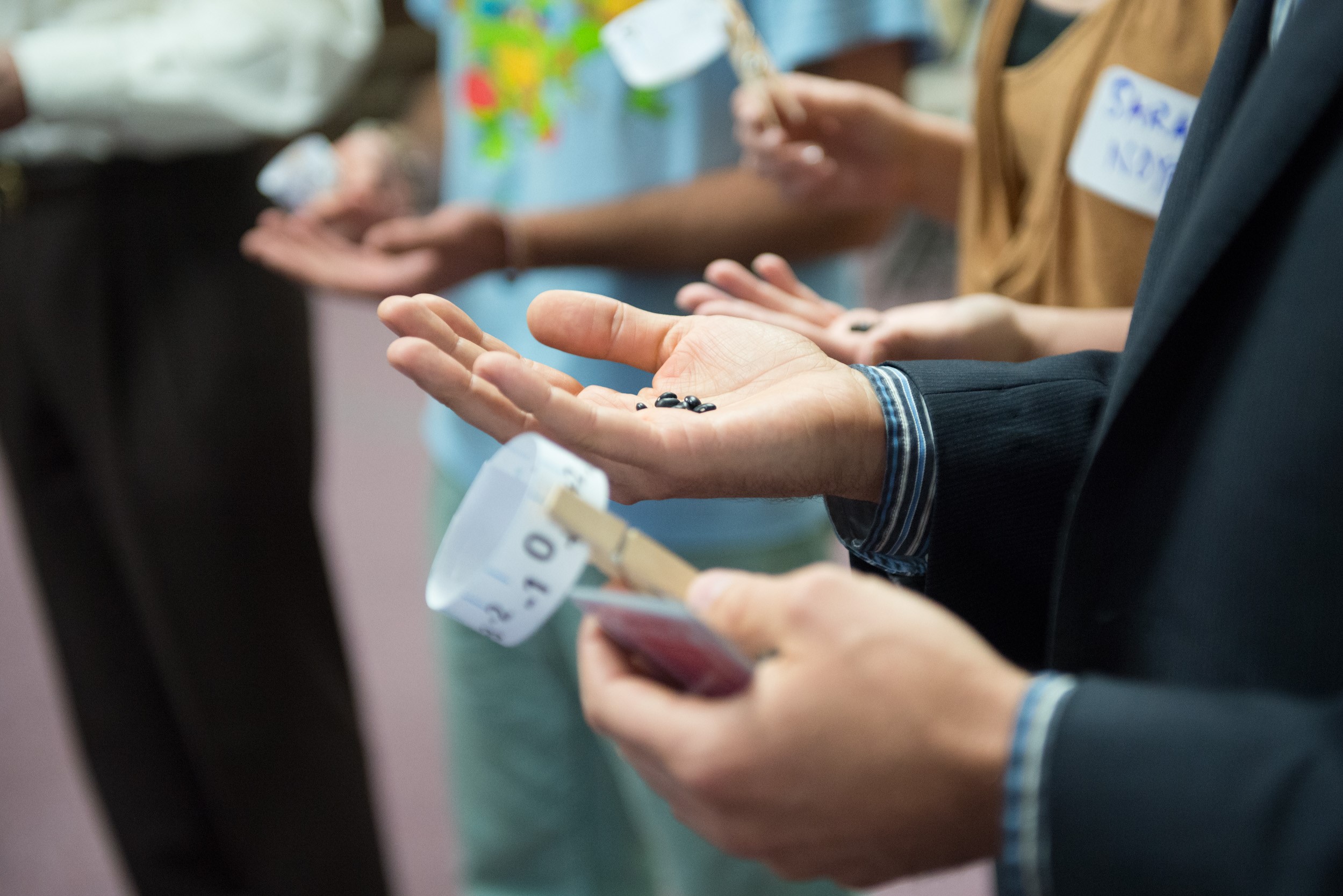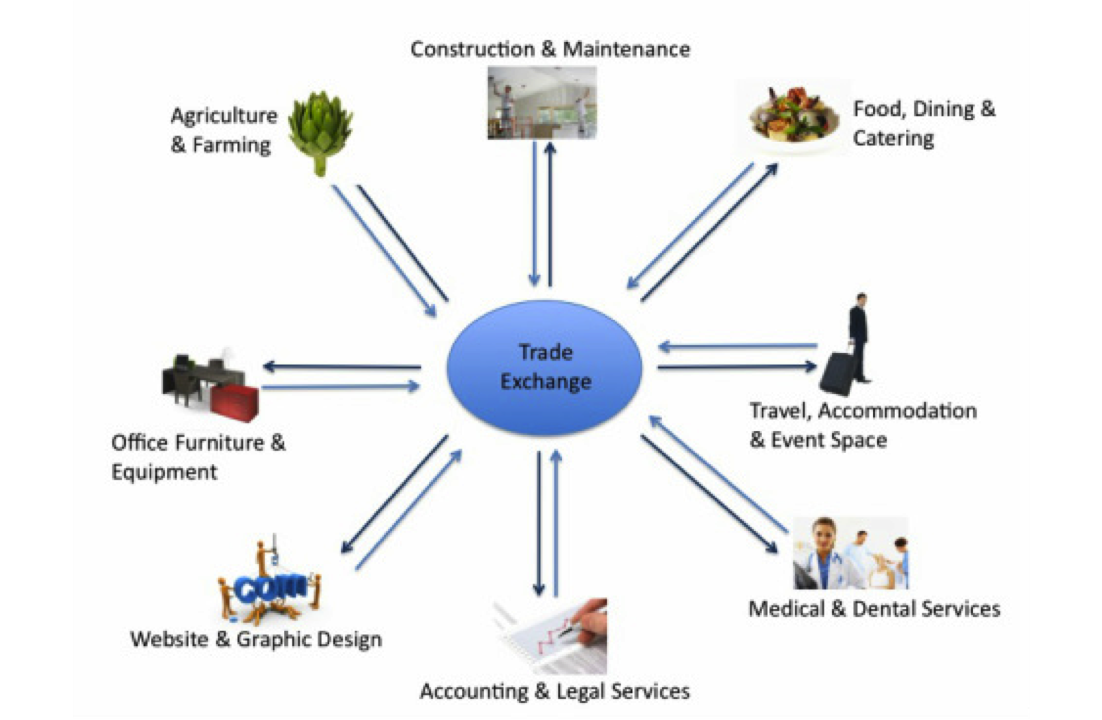What Are Community Currencies? How Do They Work?
by Chong Kee Tan | August 12, 2013

With the increasing media coverage of Bitcoin, most people now realize that beside the familiar US dollar and other national currencies, there are other things being used as money. In fact there are thousands of complementary currencies circulating in many parts of the world.
There are two major types of complementary currency: commercial and community. Most of us have used commercial complementary currencies. They are typically used as part of a business interest, and including airline miles and Facebook credits. Community currencies are lesser known but have grown rapidly since the 2008 financial crisis as a way for affected communities to cope with the economic downturn and the lack of cash.
Some examples include Bay Bucks, Ithaca Hours and Berkshares. These currencies all aim to make local communities more prosperous and self-reliant.
At the heart of many community currencies is an innovation known as the Mutual Credit System. This system enables its members to create money when it is needed to facilitate transactions. In this system, money is not something scarce and has to be hoarded, but abundant and most beneficial to all when freely spent.
Let's see an example of how mutual credit works:
All members in the system start with a zero account balance: Albert is a baker, Betty is a bookkeeper, Charlie is a graphic designer, and Diana is a jeweler. Albert needs help filing his taxes and creates 500 Bay Bucks to pay Betty for her services. Betty doesn't need baked goods, but wants a new logo designed for her business. She pays Charlie 300 Bay Bucks to get it done. Charlie would like to serve some nice gluten-free bagels during his next client meeting and pays Albert 50 Bay Bucks for them.
Charlie also wants to get his wife a nice piece of jewelry for her birthday, so he uses his remaining 250 Bay Bucks and creates 150 Bay Bucks in order to pay Diana a total of 400 Bay Bucks for a necklace. After these transactions, Albert's account is-450, Betty's account is 200, Charlie's account is -150, and Diana's account is 400. Notice that their balances add up to zero. The Bay Bucks created by each member was backed by their own goods or services.
Why would Albert—or anyone else—want to use a system like this? Albert loves it because instead of paying $500 cash to get his taxes filed, he can just create Bay Bucks to pay for it. He only needs to redeem the $500 he spent sometime in the future when another member needs his baked goods. He can use his future sales to pay for what he needs now. And even though his account is -450, he does not need to pay any interest because credit in Bay Bucks is always interest free.
Albert also likes it for another reason. It costs him about $200 cash to make $500 worth of baked goods. When paying Betty with Bay Bucks, he is effectively paying her with his products valued at retail. He gets $500 worth of tax filing services by spending only $200 cash. If he had paid her in cash, he would not have enjoyed this discount. That's why Albert always tries to pay for things he needs in Bay Bucks first, before he would consider buying in cash.
Our monetary system is behind many ills affecting our society today. It is a system based on fear and scarcity. It makes us see each other as competitors, fighting each other to make money. If we have to borrow money from banks to keep our business running, we run the risk of foreclosure if we cannot pay the interest on time. Even if we are on time with the monthly interest payments, these payments suck money out of our local communities and impoverish everyone in the long run.
A mutual credit community currency is great for local communities because local businesses hit by economic down turn or tight cash flow can use it to keep their businesses running more smoothly. Since this currency is only acceptable to members within the network, every dime spent recirculates locally to create more prosperity for the community. The more you use it, the more your unsold inventory and services become a source of abundance for you and others in the network.
If you care about local resilience and economic justice, you should consider using community currency. If there is not one in your neck of the woods, you may want to start one yourself.
Chong Kee Tan is Co-Founder of Bay Bucks.

